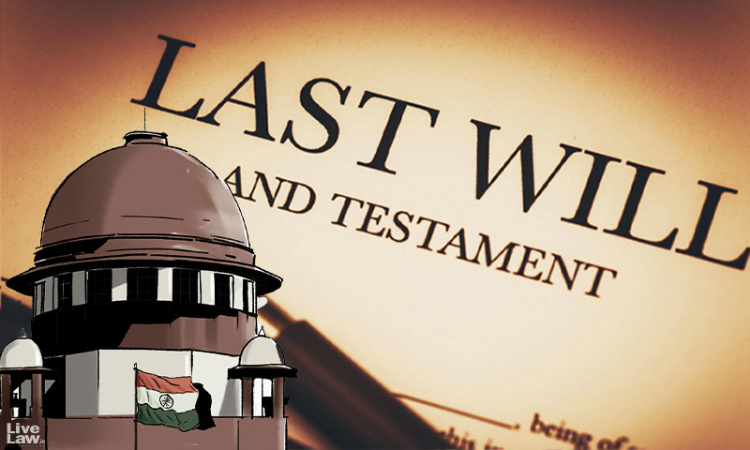Onus Is On Propounder To Remove All Suspicious Circumstances About Execution Of Will: Supreme Court
LIVELAW NEWS NETWORK
10 Dec 2021 6:38 PM IST

Next Story
10 Dec 2021 6:38 PM IST
The Supreme Court observed that onus is placed on the propounder to remove all suspicious circumstances with regard to the execution of the will. Merely because Will was a registered one, that by itself would not mean that the statutory requirements of proving the will need not be complied with, the bench comprising Justices L. Nageswara Rao and BV Nagarathna observedIn this case, the Madras...
